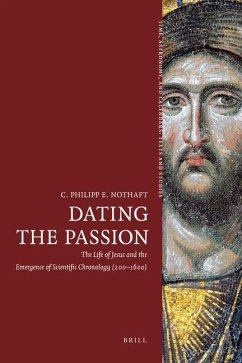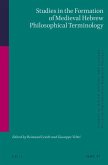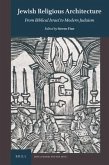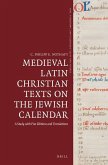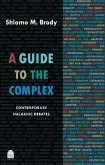The beginnings of scientific chronology are usually associated with the work of the great Renaissance philologist Joseph Scaliger (1540 1609), but this perspective is challenged by the existence of a vivid pre-modern computistical tradition, in which technical chronological questions, especially regarding the life of Jesus, played an essential role. Christian scholars such as Roger Bacon made innovative breakthroughs in the field of historical dating by applying astronomical calculations, critical exegesis, and the study of the Jewish calendar to chronological problems. Drawing on a wide selection of sources that range from late antiquity to 1600, this book uses the history of the date of Christ s Passion to shed new light on the medieval contribution to science and scholarship.
Hinweis: Dieser Artikel kann nur an eine deutsche Lieferadresse ausgeliefert werden.
Hinweis: Dieser Artikel kann nur an eine deutsche Lieferadresse ausgeliefert werden.

